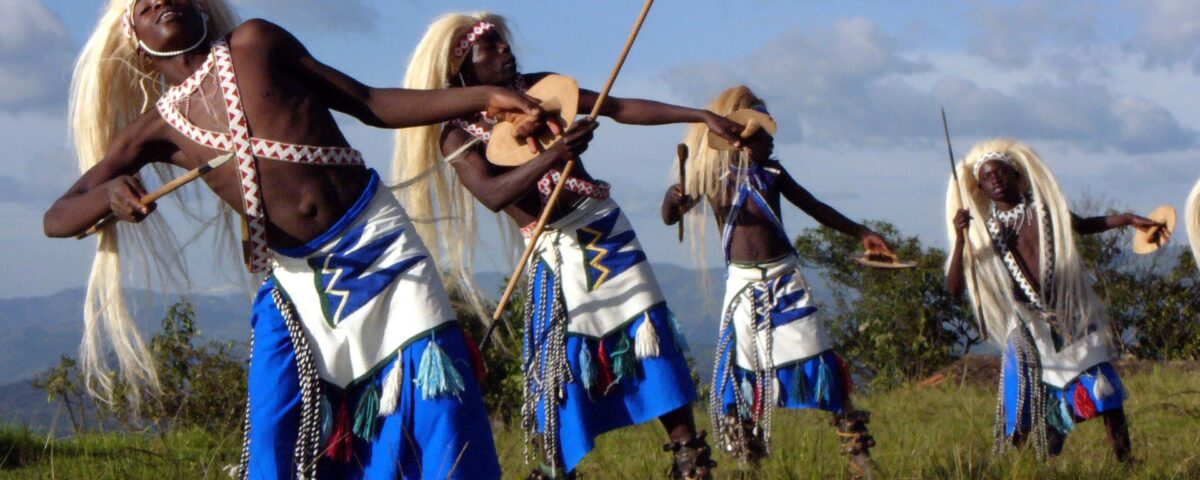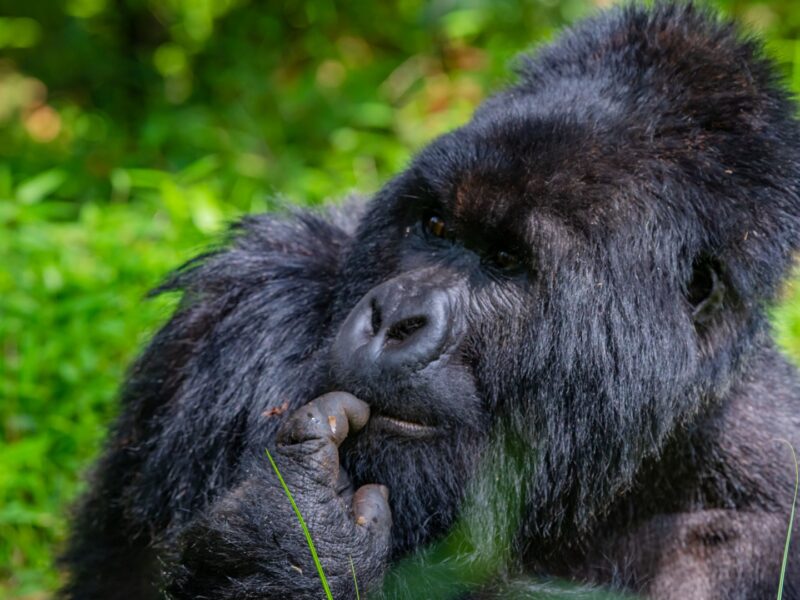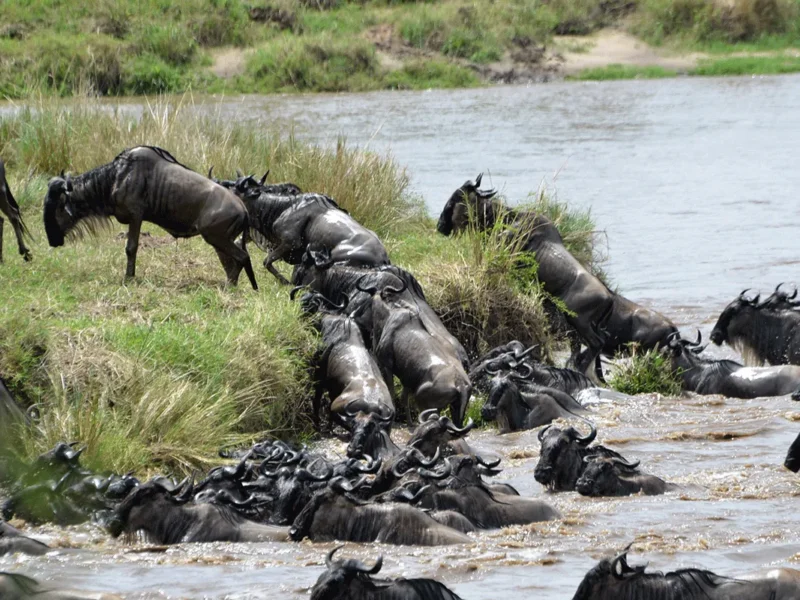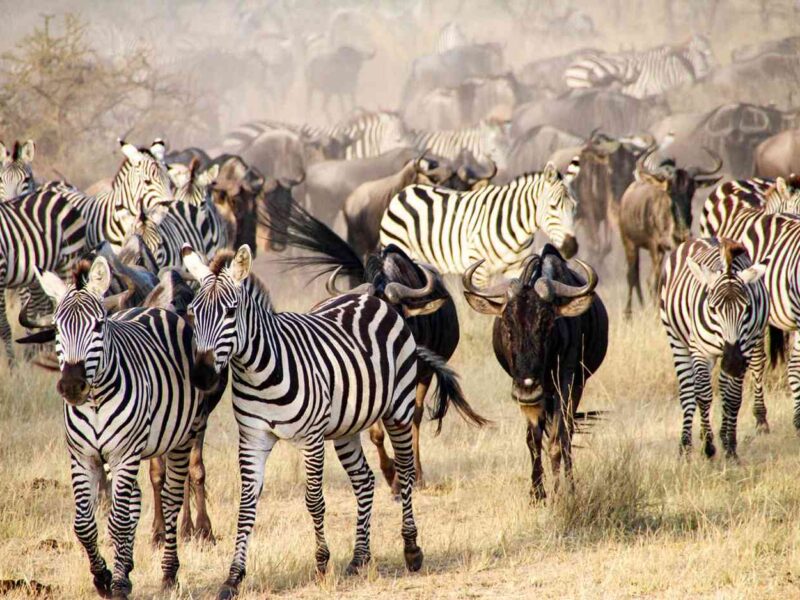Beyond Gorillas to Akagera and Nyungwe
September 2, 2025Unlock Your Ugandan Adventure
September 2, 2025Why Rwanda Cultural Tours Matter for African Travel
Every safari journey is made richer when travellers go beyond wildlife and connect with people, traditions, and history.
Many visitors often begin by asking, what makes Rwanda cultural tours: history, traditions, and local encounters so important in African travel? Rwanda is famous for gorilla trekking in Volcanoes National Park, but cultural exploration adds a deeper layer to any safari.
Beyond the misty forests and mountain gorillas, Rwanda is a country of storytellers, artisans, dancers, and communities who proudly share their heritage.
Rwanda cultural tours introduce travellers to ancient traditions, post-independence resilience, and vibrant modern identities.
These encounters balance the natural beauty of the country with human warmth.
Visitors from Europe, Asia, or America looking for Uganda gorilla trekking or Rwanda safaris often discover that cultural tours provide the missing piece in their safari experience.
They transform a journey from sightseeing into meaningful participation.
Travelers experience dances once performed in royal courts, learn the skills of traditional basket weaving, and taste Flavors rooted in centuries-old farming practices.
Ngeye Tours and Travel guides visitors into these experiences with care, ensuring authenticity, comfort, and strong community partnerships.
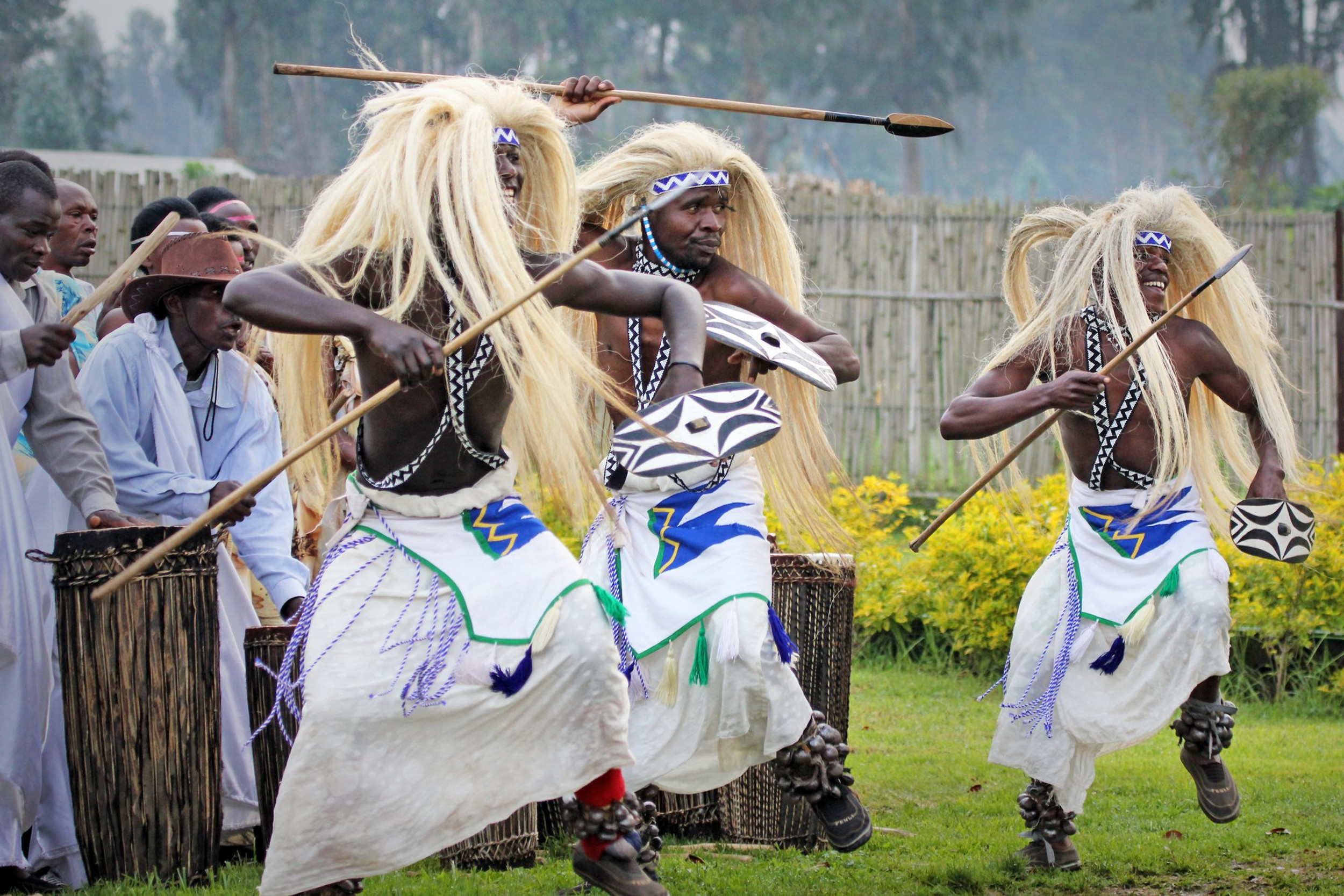
Rwanda Cultural Practices
Rwanda’s Historical Background: Building Context for Cultural Tours
Understanding Rwanda cultural tours: history, traditions, and local encounters begin with knowing the nation’s past.
Rwanda’s history spans kingdoms, colonial encounters, and a modern journey toward unity.
For centuries, kingdoms shaped Rwandan identity through music, dance, and cattle culture.
Kings or Mwami were custodians of traditions, protecting practices that survive today in cultural villages and festivals.
Visitors exploring heritage sites discover how Rwanda’s monarchy influenced rituals, art, and language.
The colonial era left scars but also shaped Rwanda’s journey into independence.
Today, cultural tours highlight the resilience of communities who preserved traditions despite challenges.
Sites such as the King’s Palace Museum in Nyanza immerse guests in royal customs, traditional architecture, and cattle culture, where long-horned Ankole cows remain symbols of prestige.
These visits reveal how Rwandans honour their ancestors while adapting heritage to modern realities.
Travelers combining Uganda gorilla safaris with Rwanda tours benefit from historical context because culture deepens appreciation of nature.
When visitors ask, where to stay on a Uganda gorilla safari? or when to go for a Uganda gorilla safari? the answer often includes recommendations for cultural tours alongside trekking.
These experiences ensure journeys are not only about wildlife but also about understanding the past that shaped today’s vibrant Rwanda.
Traditions Preserved Through Music and Dance
One cannot explore Rwanda cultural tours: history, traditions, and local encounters without celebrating traditional music and dance.
Dance remains central to Rwandan identity. It reflects history, values, and communal joy.
Intore dance, once reserved for warriors and royal ceremonies, is now performed during cultural encounters.
Dancers dressed in elaborate costumes move with energy and precision, telling stories of bravery and honour.
Drummers accompany the dances with powerful rhythms that echo through hills and valleys.
Music also carries messages across generations. Traditional songs express emotions, celebrate harvests, and honour ancestors.
Travelers often join in dance sessions, learning steps and discovering the discipline behind movements.
This interaction builds respect for traditions that survived decades of change.
Beyond entertainment, cultural dances provide income for performers who dedicate time to preserving heritage.
Visitors planning Uganda gorilla trekking from Europe, Asia, or America often ask whether cultural tours add value to safaris.
The answer is always yes. Wildlife encounters thrill the senses, but traditional music and dance connect the heart.
Cultural lodges near Volcanoes National Park organize performances, giving travellers a chance to enjoy authentic evenings after trekking.
Questions like What to pack for a Uganda gorilla safari? extend to packing curiosity and willingness to embrace culture, as experiences blend wildlife and human stories seamlessly.
Local Encounters in Villages and Communities
Rwanda cultural tours: history, traditions, and local encounters thrive in villages where daily life reflects centuries of resilience.
Community visits allow travellers to meet farmers, artisans, and elders. Guests learn about banana beer brewing, sorghum cultivation, and beekeeping.
Villagers open their homes, explaining how traditions shape family life, food preparation, and social gatherings.
These visits encourage genuine human connection beyond structured tourism.
Craft demonstrations remain highlights of cultural encounters.
Women weave baskets from natural fibbers, a skill passed down through generations. Each basket tells a story, whether it symbolizes unity, love, or gratitude.
Travelers purchase these crafts as souvenirs, directly supporting artisans. In some villages, travellers join cooking lessons, preparing traditional dishes like ibirayi (potatoes), isombe (cassava leaves), and roasted goat.
Shared meals deepen understanding of local culture while creating memorable bonds.
For those planning safaris, cultural tours complement gorilla trekking.
Many travellers want to know, where to stay on a Uganda gorilla safari or Rwanda safari? Cultural lodges and community guesthouses offer authentic options.
They not only provide comfortable stays but also create platforms for deeper engagement with traditions.
Travelers leave with memories of laughter shared during cooking lessons and songs sung during village gatherings, making cultural tours inseparable from safari journeys.
Rwanda’s Culinary Traditions: A Taste of Identity
Food remains an essential part of Rwanda cultural tours: history, traditions, and local encounters.
Traditional dishes reveal farming lifestyles and communal values.
Rwandan cuisine highlights organic produce grown on fertile volcanic soils.
Meals often feature plantains, beans, sweet potatoes, maize, and sorghum.
Milk and dairy products symbolize wealth and pride, reflecting the importance of cattle in Rwandan history.
Travelers join culinary tours where they learn to prepare ugali, cassava-based dishes, and fresh vegetable stews.
These experiences blend learning and tasting, creating memorable cultural immersion.
Street food in Kigali adds modern Flavors to traditional bases, offering grilled brochettes or spiced snacks.
Coffee and tea plantations enrich culinary tours by guiding visitors through production stages, from cultivation to tasting.
Rwanda’s world-class coffee remains a proud export enjoyed globally.
For safari travellers, culinary encounters balance intense trekking days.
After Uganda gorilla safaris or Rwanda gorilla treks, sharing a communal meal completes the adventure.
Travelers asking, what to pack for a Uganda gorilla safari? should include appetite for local Flavors.
Lodges integrate culinary tours into safari packages, ensuring every journey combines physical adventure with gastronomic discovery.
These experiences affirm that food is more than sustenance; it is culture, identity, and hospitality expressed on a plate.
Modern Rwanda: Blending Heritage and Progress
Rwanda cultural tours: history, traditions, and local encounters also highlight the nation’s transformation.
Rwanda has rebuilt with resilience, creating a modern identity that still honours traditions. Kigali, the capital city, showcases this blend through its clean streets, thriving art galleries, and cultural festivals.
The Kigali Genocide Memorial provides a solemn space to understand the country’s past, while art spaces reveal creativity driving the future.
Young artists, designers, and musicians combine heritage with innovation. Contemporary dance performances borrow from traditional movements, creating new expressions.
Local fashion incorporates traditional fabrics with modern designs. Tourists visiting these spaces witness a dynamic culture that evolves without losing roots.
For travellers combining safaris, Rwanda’s modern culture complements Uganda gorilla trekking adventures.
When planning When to go for a Uganda gorilla safari? visitors often align itineraries with cultural festivals in Rwanda.
This combination ensures that journeys remain holistic, blending historical insights, traditional encounters, and modern discoveries.
Rwanda proves that cultural tours are not confined to the past; they continue to evolve with every new generation.
Cultural Lodges and Experiences Around Safari Parks
Choosing where to stay remains vital when planning Rwanda cultural tours: history, traditions, and local encounters.
Around Volcanoes National Park, cultural lodges provide authentic experiences.
These lodges combine comfort with opportunities to engage in dance performances, storytelling sessions, and craft workshops.
Guests rest in eco-friendly accommodations built with local materials while enjoying activities that directly connect them to communities.
Cultural lodges act as bridges between safaris and local traditions.
After long days of gorilla trekking, evenings are enriched with traditional songs and community interactions.
Visitors planning Uganda gorilla trekking or Rwanda safaris often ask, where to stay on a Uganda gorilla safari or Rwanda safari? The answer lies in lodges that combine wildlife access with cultural immersion.
These stays create unforgettable experiences because they provide both rest and education.
They allow visitors to support conservation while sustaining communities.
Every choice of lodge carries cultural meaning, ensuring safaris leave lasting benefits for travellers and locals alike.
The Lasting Value of Cultural Encounters
Rwanda cultural tours: history, traditions, and local encounters ensure every safari becomes more than a journey through landscapes.
They allow travellers to walk into history, dance to rhythms that survived centuries, and share meals that tell stories of identity.
For visitors from Europe, America, or Asia combining Rwanda safaris with Uganda gorilla trekking, cultural tours deliver context and meaning.
They answer questions like What to pack for a Uganda gorilla safari? When to go for a Uganda gorilla safari? with more than logistical details—they add cultural readiness.
With Ngeye Tours and Travel, cultural tours remain authentic, respectful, and enriching. The company ensures travellers experience traditions without losing comfort or safety.
Rwanda’s culture demonstrates resilience, creativity, and hospitality.
By including cultural tours, every safari gain depth, every encounter gains meaning, and every journey leaf lasting memory.


